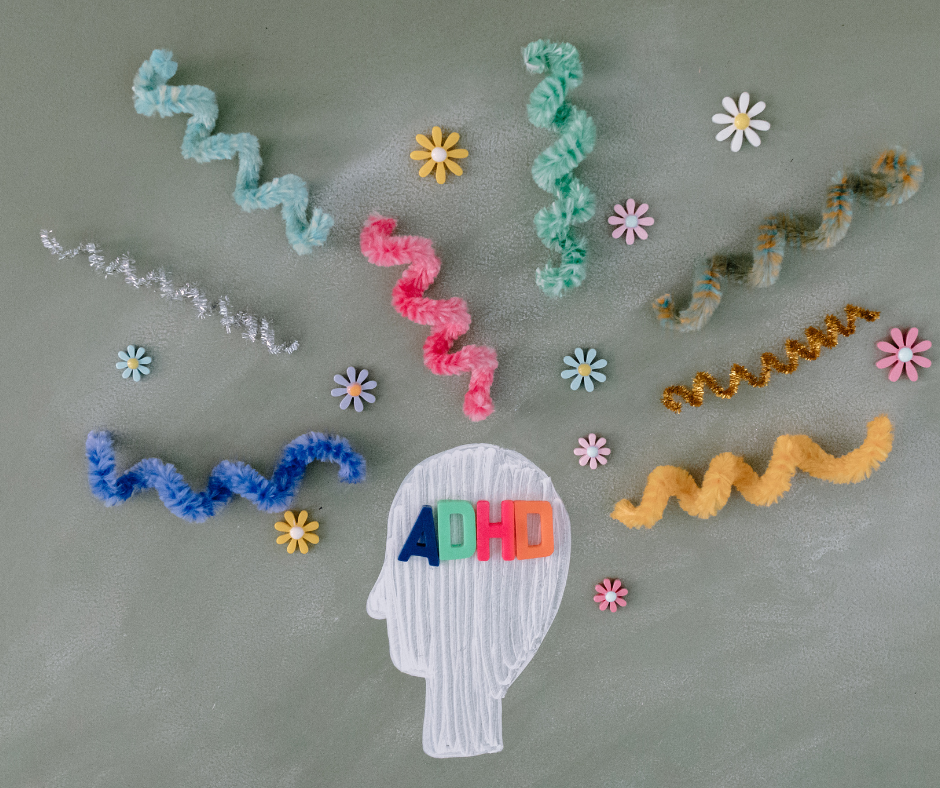
Navigating Online Dating with Authenticity: How Hypnosis Can Transform Your Experience
In today’s digital age, the world of online dating can feel like a vast sea of profiles, swipes, and endless possibilities. While it offers the opportunity to connect with people from all walks of life, it also presents its own set of challenges, from filtering through countless matches to deciphering who is genuinely compatible. If you’ve ever felt overwhelmed or discouraged by the online dating scene, know that you’re not alone. Many people find themselves grappling with questions of authenticity and sincerity as they navigate this virtual landscape in search of meaningful connections. But fear not, because there is a powerful tool that can help you stay true to yourself while forging genuine connections: hypnosis. Hypnosis, often misunderstood as a form of mind control, is actually a deeply therapeutic practice that promotes self-awareness and personal growth. By harnessing the power of suggestion and tapping into the subconscious mind, hypnosis can help you uncover your true desires, overcome limiting beliefs, and cultivate a sense of authenticity that shines through in your interactions with others. So how exactly can hypnosis enhance your online dating experience? Let’s explore some key insights: Self-Discovery: One of the greatest benefits of hypnosis is its ability to facilitate self-discovery. Through guided visualization and deep relaxation techniques, you can gain insights into your core values, passions, and relationship goals. By understanding yourself on a deeper level, you can enter the online dating world with clarity and confidence, knowing what you truly seek in a partner. Overcoming Insecurities: Online








